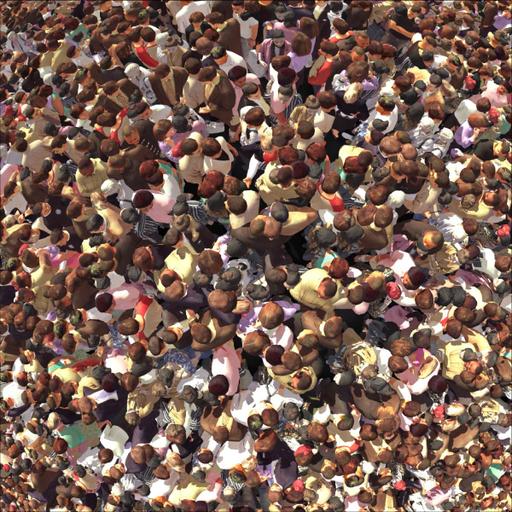Human Overpopulation
Presentations | English
Will Overpopulation Affect the Environment? Overpopulation is the state whereby the human population rises to an extent exceeding the carrying capacity of the ecological setting. Due to immigration, the decline in mortality rates, medical breakthroughs, and increased birth rates, populations will always increase and eventually gives rise to overpopulation. The population is growing rapidly, far outpacing the ability of our planet to support it, given current practices. Overpopulation is associated with negative environmental and economic outcomes ranging from the impacts of over-farming, deforestation, and water pollution to eutrophication and global warming. With overpopulation comes a decrease in resources and an increase in symptoms of illness and disease. Whenever the marginal product of an additional individual is lower than the average product, adding more individuals simply limits the welfare of an average lay person. Therefore, overpopulation (especially illiterate, not educated, not skilled people) means slower economic growth in today's competitive economy. More people mean an increased demand for food, water, housing, energy, healthcare, transportation, and more. And all that consumption contributes to ecological degradation, increased conflicts, and a higher risk of large-scale disasters like pandemics.

5.00
Lumens
PPTX (20 Slides)
Human Overpopulation
Presentations | English
